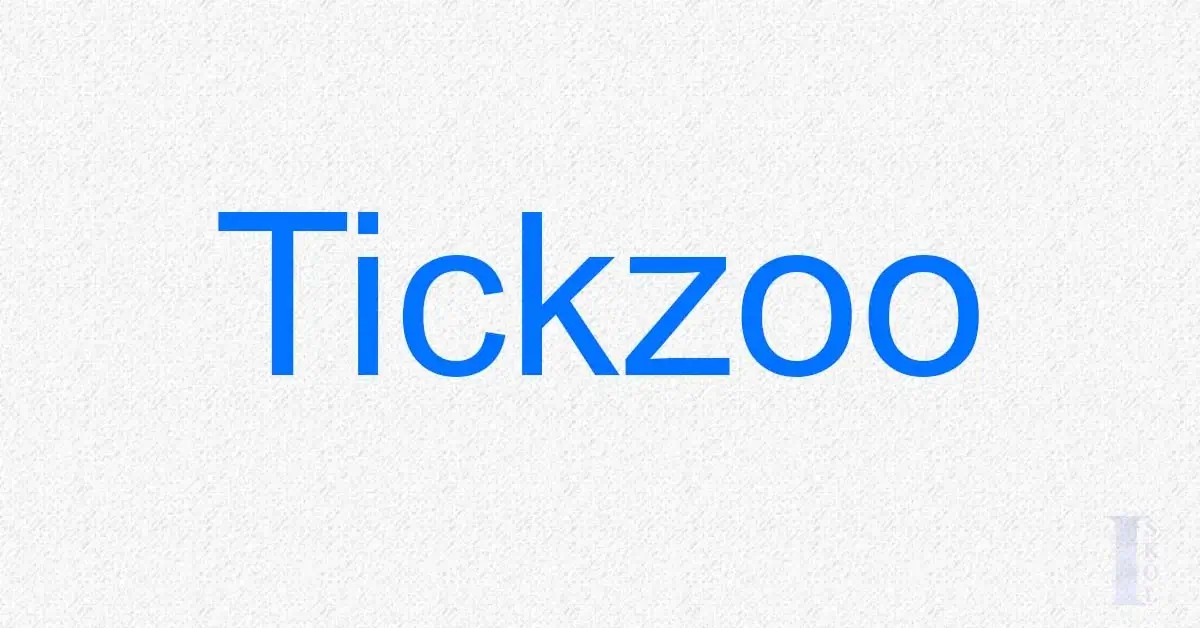In a digital landscape increasingly defined by fleeting trends and algorithmic curation, could a platform like Tickzoo, with its controversial content, truly thrive? The answer, as its history demonstrates, is complex, fraught with ethical considerations, and ultimately, a testament to the ever-shifting boundaries of online expression.
Tickzoo's story is not merely a tale of a website; it's a microcosm of the internet's ongoing struggle between free speech and content moderation. The platform, which emerged as a niche entity, catered to a specific audience with interests in explicit and taboo content, particularly bestiality. It distinguished itself by hosting material that many would consider deeply offensive. This decision, however, was the cornerstone of its eventual downfall.
Before delving deeper into the specifics, it is crucial to acknowledge the rapid evolution of the internet. The digital sphere has democratized content creation, but this accessibility comes with complex responsibility, and platforms are often tasked with navigating a treacherous ethical and legal landscape.
| Attribute | Details |
|---|---|
| Platform Name | Tickzoo |
| Primary Content Focus | Explicit and Taboo Content, particularly Bestiality |
| Launch Date | Unknown, but active around the early to mid-2020s |
| Website Rank (at peak) | #25,249 in the world (Tickzoo.tv) |
| Daily Visitors (estimated) | 129.4k (Tickzoo.tv) |
| Monthly Visitors (estimated) | 3.9m (Tickzoo.tv) |
| Content Type | User-Generated and Curated |
| Revenue Model | Likely based on a combination of advertising and subscription services |
| Key Features | Direct User interaction and access to content. |
| Controversies | Ethical concerns surrounding the platform's content, Legal scrutiny, content moderation issues |
| Downfall | Closure due to mounting controversies, regulatory actions, and legal scrutiny |
| Websites | Reference Link |
The allure of platforms like Tickzoo, which offered access to unusual or controversial material, attracted a dedicated readership. However, this allure also placed significant responsibility on both site operators and users. The sudden removal of Tickzoo.com, and other associated sites, underscored the significant challenges inherent in monitoring and regulating such content online.
Tickzoo's trajectory offers a cautionary narrative for digital platforms, illuminating the complexities of managing online communities, the consequences of inadequate content moderation, and the constant tension between freedom of speech and responsible platform governance. The platform's rise, sustained traffic, and eventual closure have become a case study on the double-edged sword of digital innovation.
The digital footprint of Tickzoo, including the analytics from Tickzoo.tv, provides some insight into its scale and reach. The site's ranking, the number of daily and monthly visitors, and pageviews, painted a picture of a significant presence in the digital ecosystem. But, even with millions of views, the site's decline indicates the vulnerability of such platforms to external factors like regulatory action and ethical criticism. The decreasing traffic signals growing disinterest and loss of momentum.
The inception of Tickzoo, in a world already saturated with mainstream content, gave it a unique appeal. While much content was readily available, platforms that pushed boundaries had a distinct appeal to some users. These platforms were often viewed as a breath of fresh air to those who had become jaded by the more conventional offerings. By challenging traditional content boundaries, platforms like Tickzoo sparked intense debates about censorship, free speech, and the role of niche platforms in the modern internet ecosystem. The very existence of such a platform served as a provocation.
The rise of Tickzoo can be attributed to a few key factors. The platform's presence on platforms like TikTok, known for rapid content, granted it immediate and expansive reach. TikTok's algorithm helped push the platform to the forefront of digital trends. Platforms like Tickzoo exploited this freedom, pushing the boundaries of what is permissible under the law and ethical norms.
Emergence as a controversial platform. Tickzoo was launched as a platform that encouraged open discussions on topics often shunned by mainstream media and social networks. The sites backstory intrigues online followers. There have been reports of platform versions, ownership changes, and site content modifications. The ability to adapt and change made it a dynamic online entity.
Tickzoo.com, and similar websites, understood the importance of delivering unusual or controversial material to attract readers. This strategy, while effective in gaining attention, came with a substantial responsibility. Site operators and users alike needed to act responsibly, aware of the ethical implications of the platform's content. The sudden removal of Tickzoo.com highlighted the challenges of monitoring and accessing controversial online information, serving as a stark reminder of the transient nature of digital spaces.
The platforms journey from a small startup to a global phenomenon is a testament to the power of innovative technology and creative vision. It offered an immersive and engaging experience that transcended traditional boundaries. It also highlights the dark side of the internet. The platforms fall is a story of missteps in content moderation and the high stakes associated with controversial content.
Tickzoos story, from its inception to its demise, is a complex one. It is a tale of ambition, innovation, and controversy, and a reminder of the ethical and legal challenges involved in operating online platforms. The website is a cautionary tale of what can happen when these factors are not managed correctly.


